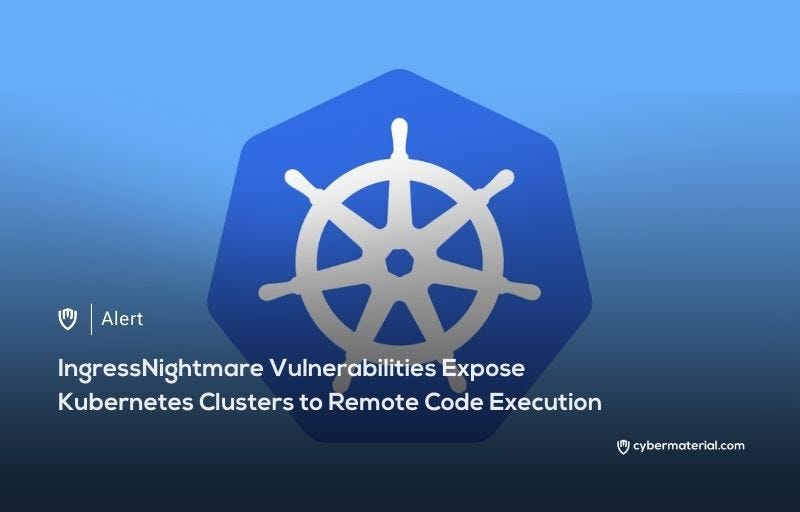
A set of critical vulnerabilities known as IngressNightmare has been found in the Ingress NGINX Controller for Kubernetes, which could lead to unauthenticated remote code execution. These vulnerabili…

A set of critical vulnerabilities known as IngressNightmare has been found in the Ingress NGINX Controller for Kubernetes, which could lead to unauthenticated remote code execution. These vulnerabili…